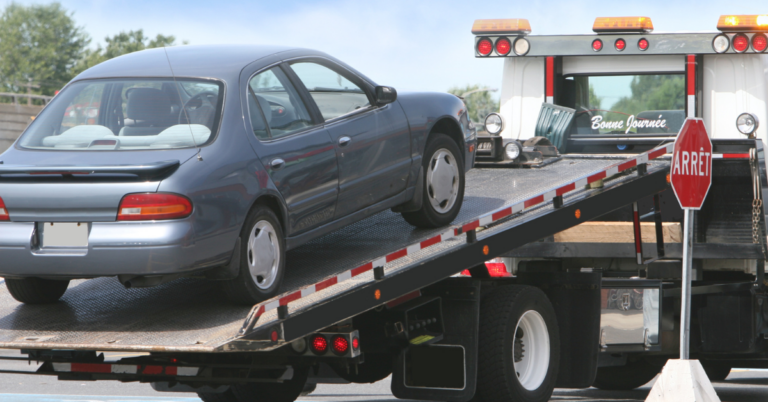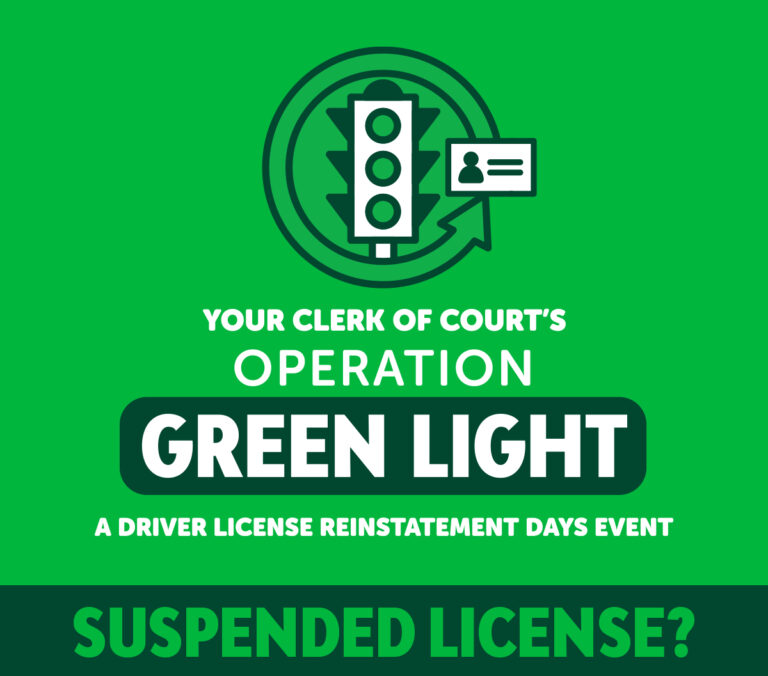Speeding tickets can happen to everyone. A few simple tricks can make all of the difference when taking one to court.
1. Whenever you receive a ticket (speeding or any other type) do not argue with the officer on the side of the street. Contrary to what you may think, this will not get you a “warning” instead, and may end up hurting your case. Often, the officer takes notes about his or her encounter with you. The more that you argue, the more notes that will be taken to help the officer remember the facts of your case when it comes time for court. Try to be as quiet, respectful and non-existent as possible. Sometimes, if the encounter is non-eventful, the officer will forget some of the details in court, and that can get your case dismissed.
2. In court, you have the right to inspect the officer’s documents relating to the speed measuring device used in your case. Whether an aircraft, a speedometer, a laser or a radar was used, there are rules regarding these devices, their testing and their admissibility in court. A brief review of these documents can show some flaws in the case. This technique requires some homework, so that the driver is familiar with the rules that apply in that particular state. Usually, these rules and codes can be found on the internet or at a local law library. Or you can contact an experienced traffic ticket attorney to help you with your case.
3. Today, many cars and trucks are modified with bigger wheels and tires. If you have modified your car, be careful as these modifications can effect the accuracy of the speedometer. You can have the speedometer corrected and checked before court and show this proof to the judge. That could be enough to get your ticket dismissed.
4. Look at the ticket carefully, and pay particular attention to the statute cited on the ticket. Get a copy of the statute (it can be found on the internet) and read it carefully. Make sure that the officer cited you with the correct statute and subsection. In many states, the officer can “amend” or fix the citation before the trial starts. Once the trial starts, no more amendments should be allowed by the court. Also, make sure that the officer testifies sufficiently as to each requirement of the statute. The failure to testify about one essential element of the statute can be enough for you to win your case. Consider contacting an experienced traffic ticket attorney to help you understand the language of the statutes.
5. Come prepared for court. Make sure that you are dressed properly and show the court the respect that it deserves. For trial, bring all evidence, diagrams, photos and witnesses that are available to help in your defense. Be prepared to explain the circumstances and surroundings that support your position. This effort and preparation will go a long way, and might be enough to get your case thrown right out of court!
As always, you can also contact a traffic ticket attorney to help you with your case if you have any questions. The Ticket Clinic has defended over 1 million traffic-related tickets, including DUI, in Florida, California and nationwide. Call us at 1.800.CITATION.



